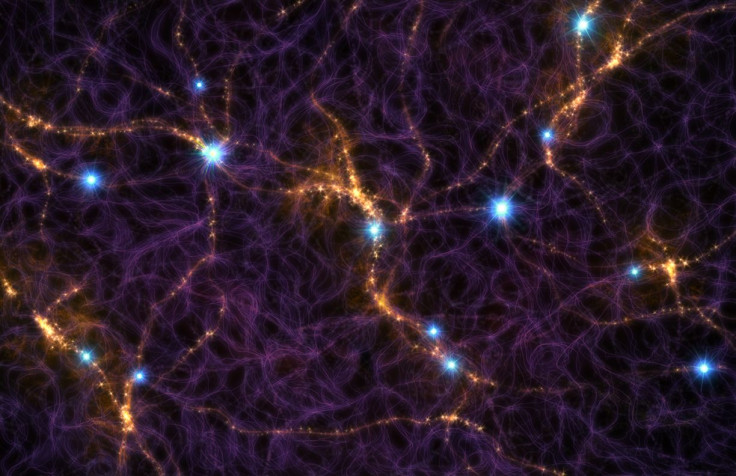Astronomers Develop New Telescopes That Will Hunt Alien Signals

KEY POINTS
- Astronomers are developing a network that will track alien signals
- PANOSETI will be composed of about 160 telescopes
- The telescopes will search for signals coming from artificial origins
A team of astronomers has developed and deployed two telescopes that are capable of detecting signals from space. According to the astronomers, the telescopes will be part of a massive network dedicated to tracking signs of extraterrestrial intelligence.
The telescopes were installed at the Lick Observatory near San Jose. They will be part of a massive network of telescopes known as the Pulsed All-sky Near-infrared Optical Search for Extraterrestrial Intelligence (PANOSETI).
Once the network has been completed, which will compose of hundreds of telescope, the astronomers will use it to search for optical or infrared light flashes in space. Specifically, the telescopes will be used to detect flashes that occur on nanosecond to second time scales.
For the astronomers, these kinds of flashes could be signals coming from an artificial origin, which means that they could come from intelligent alien life.
“The goal is to basically look for very brief but powerful signals from an advanced civilization. Because they are so brief, and likely to be rare, we plan to check large areas of the sky for a long period of time,” Dan Werthimer, the chief technologist at University of California Berkeley's SETI Research Center and co-investigator for the PANOSETI project said in a statement.
For the project, astronomers planet to establish two observatories at different locations. Each observatory will be equipped with around 80 PANOSETI telescopes.
According to the astronomers, PANOSETI will become the first network of telescopes that’s dedicated to the search of extraterrestrial signals or signs of alien life. With each telescope pointed at specific locations in space, the astronomers are hoping to come across alien signals.
Even if astronomers don’t find signs of intelligent alien life using PANOSETI, the astronomers are still hoping that the network will uncover new astronomical phenomena.
“The short and correct answer is we have no idea on the likelihood of detection,” lead astronomer Shelley Wright of the University of California San Diego stated. “With PANOSETI we will be observing an unexplored phase space for SETI and astronomical observations. Our goal is to make the first dedicated SETI observatory that is capable of observing the entire visible sky all of the time.”
© Copyright IBTimes 2024. All rights reserved.





















